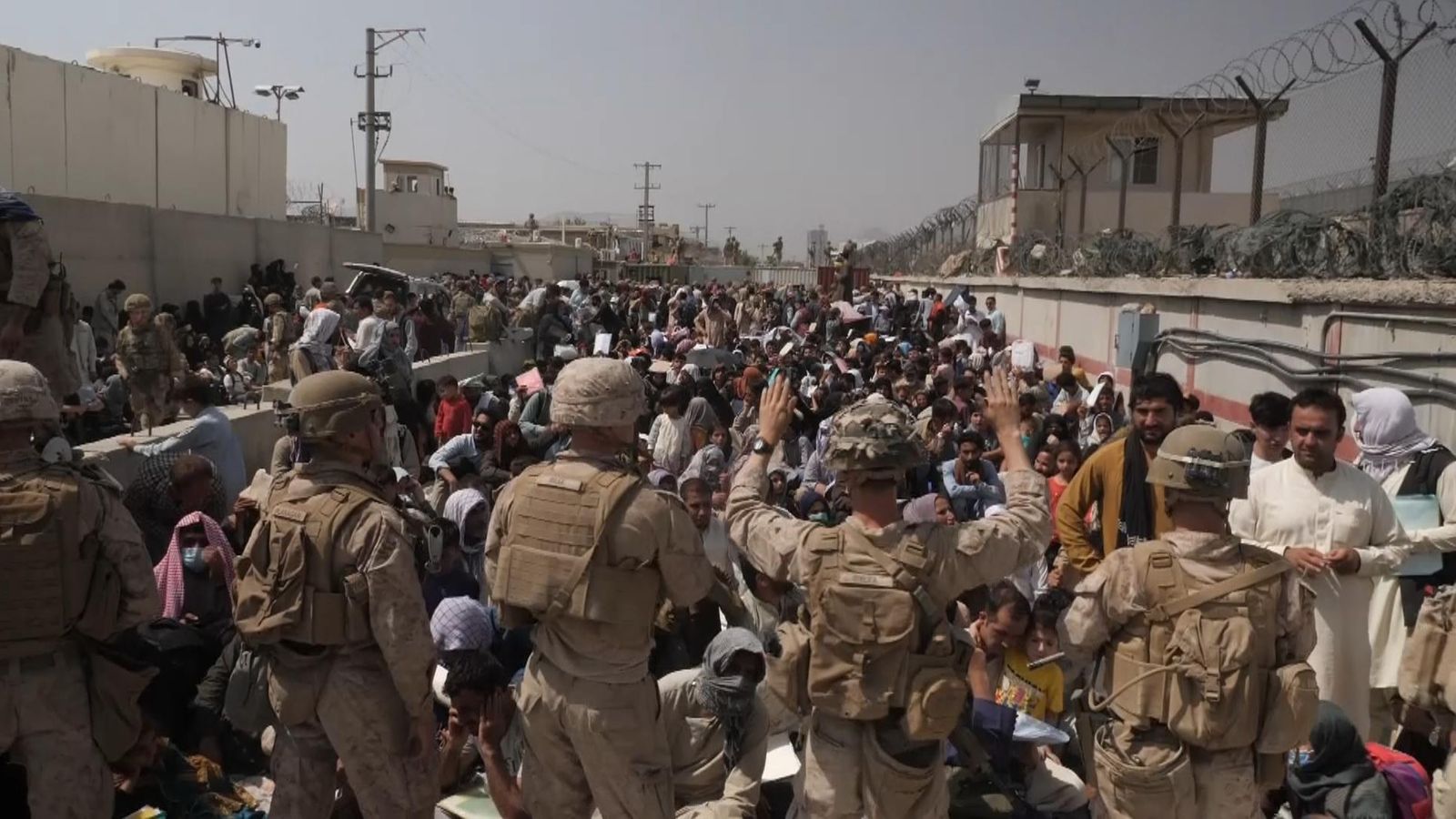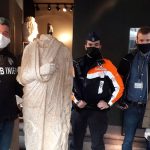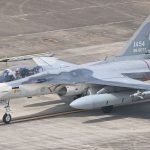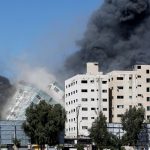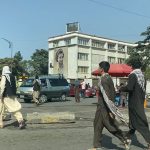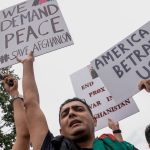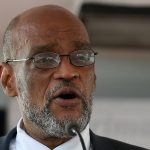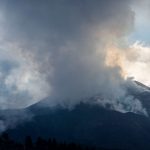Nearly 4,000 Afghan and British nationals have been evacuated from Afghanistan, but fears remain many could be left behind as the US prepares to leave the country.
Some 3,821 individuals have been rescued thanks to British efforts under Operation Pitting since 13 August, according to the Ministry of Defence, including 1,323 who have made it to the UK.
This includes embassy staff, British nationals and those eligible under the Afghan Relocation and Assistance Policy (ARAP) programme.
Nevertheless, fears are mounting that not all evacuees will make it out of the country before American forces leave the country on 31 August.
The Ministry of Defence said the “priority” is to get all those eligible “out as swiftly and safely” as possible, in conjunction with the US, and as “long as the security situation allows”.
But time is running out ahead of the deadline set by US President Joe Biden, sparking fears Afghans who helped the West since 2001, and vulnerable women, will be left behind and at risk of recrimination from the Taliban.
Speaking on Friday, Mr Biden did not commit to extending the deadline, in a move that is likely to mean British troops must return home at the same time, as Kabul airport cannot be held without US enforcement.
Reports have suggested the last UK evacuation flight could be as soon as Tuesday, in order to give British troops enough time to leave safely.
Please use Chrome browser for a more accessible video player
Mr Biden and other international leaders face growing criticism amid the increasingly violent and desperate scenes outside Hamid Karzai International Airport, where thousands translators and other Afghan wartime helpers, along with their close family members, have gathered over the last week to seek evacuation.
The diplomat leading the UK’s rescue mission in Afghanistan, Sir Laurie Bristow, said the Kabul airport evacuation effort is “without a doubt” his greatest international challenge.
In a statement issued by the Foreign Office, Sir Laurie, who is in Kabul, said: “The scale of this effort is enormous and is without a doubt the biggest international challenge I have worked on as a diplomat.
“Lives are at stake and I am incredibly proud of the tenacious efforts of my team during these challenging times, with military and civilian staff working together to successfully evacuate thousands of people in the last week.”
The Pentagon said some 17,000 people have been evacuated by the US since 15 August, but Josep Borrell, the EU’s foreign policy chief, told AFP news agency that it was “mathematically impossible” for the US to evacuate all Afghans with travel permits by the 31 August deadline.
On Saturday morning, Sky News’ chief correspondent Stuart Ramsay, reporting from Kabul, witnessed people at the front of a crowd by the airport being “crushed to death”, with British soldiers pulling those in danger to safety.
It was the “the worst day by far” for violence and mayhem at the site, with at least three people believed to have been killed, as the security situation around the airport worsens.
Please use Chrome browser for a more accessible video player
Meanwhile, US authorities urged Americans in Kabul to stay away from the airport due to “potential security threats” outside the gates.
An unnamed US official told the Associated Press the announcement was made in response to a significant threat against civilians from the Islamic State.
On Saturday evening Mr Raab tweeted he had spoken with his US counterpart Antony Blinken and together they had pledged to “partner” on the evacuation process and to “forge an international strategy on counter terror, humanitarian relief and regional stability”.
At the same time, Boris Johnson and the United Nations secretary-general Antonio Guterres spoke and “agreed that… the international community must ensure the rights of women, girls and ethnic minorities are protected” in Afghanistan amid “the concerning situation on the ground”, according to No 10.
According to Nato Secretary General Jens Stoltenberg, several countries have requested that Kabul airport remain open for evacuations beyond 31 August to help get more people to safety.
Earlier, the Taliban’s top political leader Mullah Abdul Ghani Baradar arrived in Kabul for talks on forming a new government.
A Taliban official said the new Taliban model of Afghan government may not be democracy by the same strict Western definition, but would protect everyone’s rights.
Afghan officials familiar with talks held in the capital say the Taliban have said they will not make announcements on their government until the August 31 deadline for the troop withdrawal passes.
Follow the Daily podcast on Apple Podcasts, Google Podcasts, Spotify, Spreaker
In its dialogue with a number of different officials and groups, the spokesman said it had been discussing how to ensure Western powers leave the country on amicable terms.
A senior official in the ousted government, Abdullah, tweeted that he and former president Hamid Karzai met with the Taliban’s acting governor for Kabul on Saturday, who “assured us that he would do everything possible for the security of the people” of the city.
